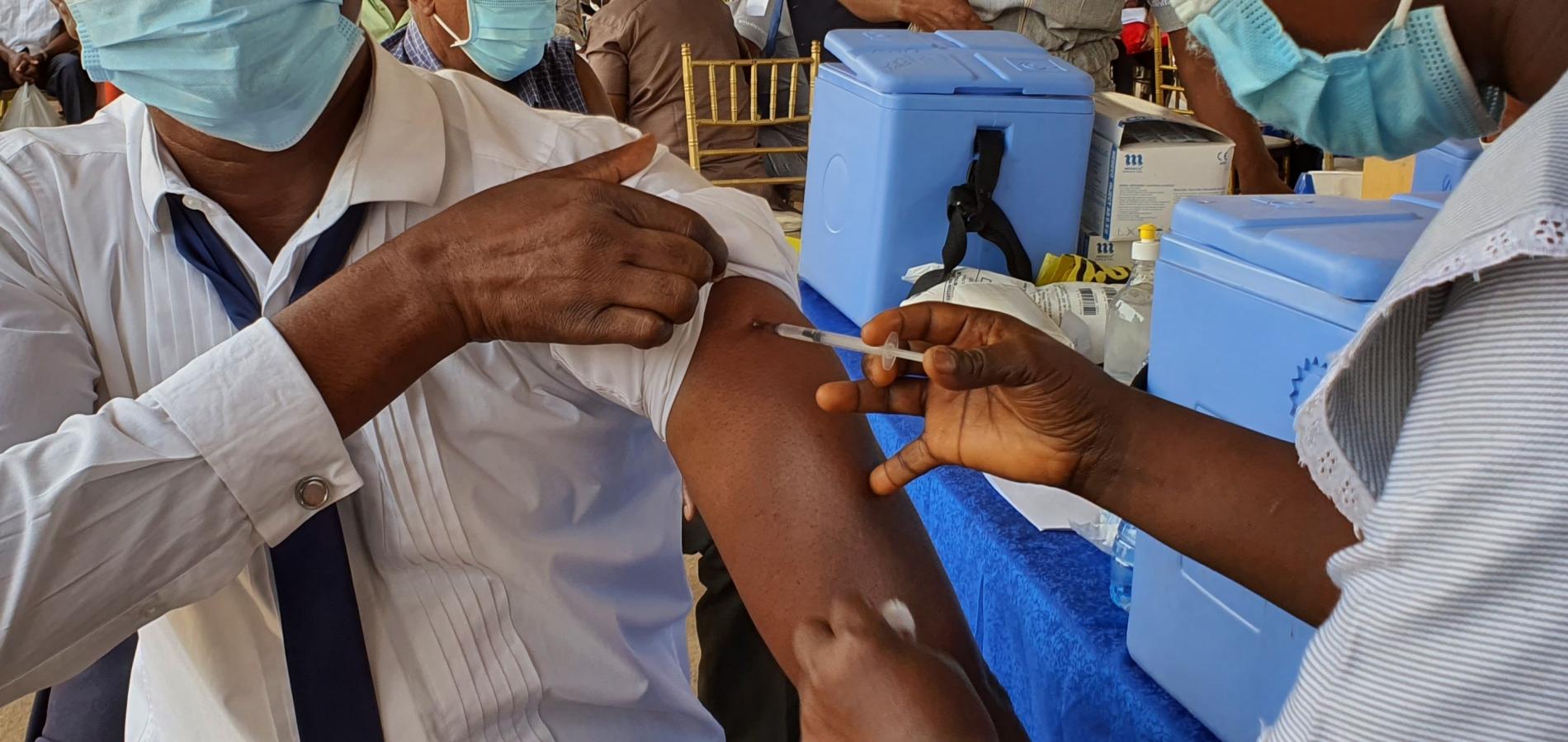
The effectiveness of the Sierra Leone health sector’s response to COVID-19: a quantitative analysis
Download this BMC Health Services Research paper here. [opens new tab]
The COVID-19 pandemic posed significant challenges to health systems globally, particularly in low-resource settings like Sierra Leone. Understanding the effectiveness of leadership, health workforce performance, community engagement, and service delivery during the pandemic is critical for strengthening future pandemic, preparedness and response.
This cross-sectional study found that leadership and governance were rated as “effective” or “very effective” by 58% of respondents, with key challenges including inadequate communication, delays in resource mobilization, and limited transparency. The health workforce demonstrated strong commitment (62%), but gaps in infection prevention and control training (48%) and shortages of personal protective equipment (39%) were significant barriers. Community engagement was moderately effective, with 54% rating it as “effective” or “very effective.” However, low trust in the health sector and misinformation hindered compliance with preventive measures. Maternal and child health services were the most disrupted, but innovative approaches such as telemedicine and mobile health units were adopted to mitigate service interruptions.
Conclusion
Sierra Leone’s COVID-19 response highlighted both achievements and challenges. While leadership structures, workforce dedication, and community health worker contributions were notable strengths, gaps in communication, resource availability, and community trust limited the overall effectiveness of the response. Strengthening communication channels, investing in workforce training and resources, and enhancing community engagement strategies are critical for improving preparedness and response in future health emergencies.
Download this BMC Health Services Research paper here. [opens new tab]
Cite this article
Osborne, A., Amara, P.S., M’Cormack-Hale, F.A. et al. The effectiveness of the Sierra Leone health sector’s response to COVID-19: a quantitative analysis. BMC Health Serv Res 25, 367 (2025). https://doi.org/10.1186/s12913-025-12477-3
Further information
- More projects and outputs from the ReBUILD team at Institute for Development in Sierra Leone.
- More projects and outputs from Oxford Policy Management, UK.
- More projects and outputs from Queen Margaret University, UK.
Image: WHO/Saffea Gborie – view here [opens new tab]